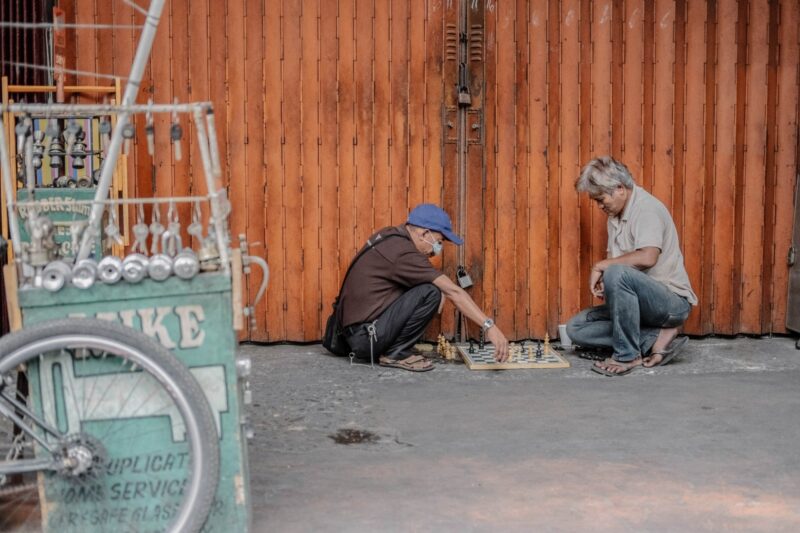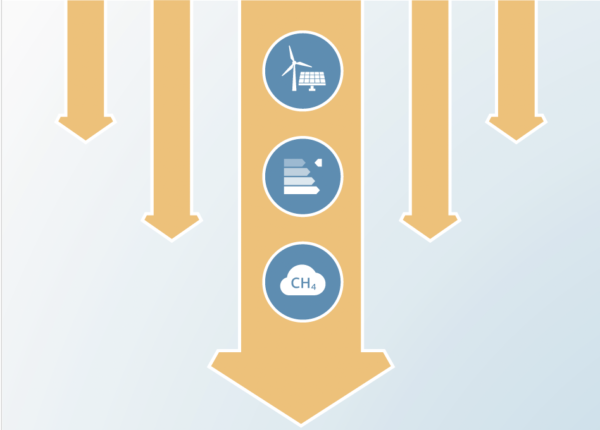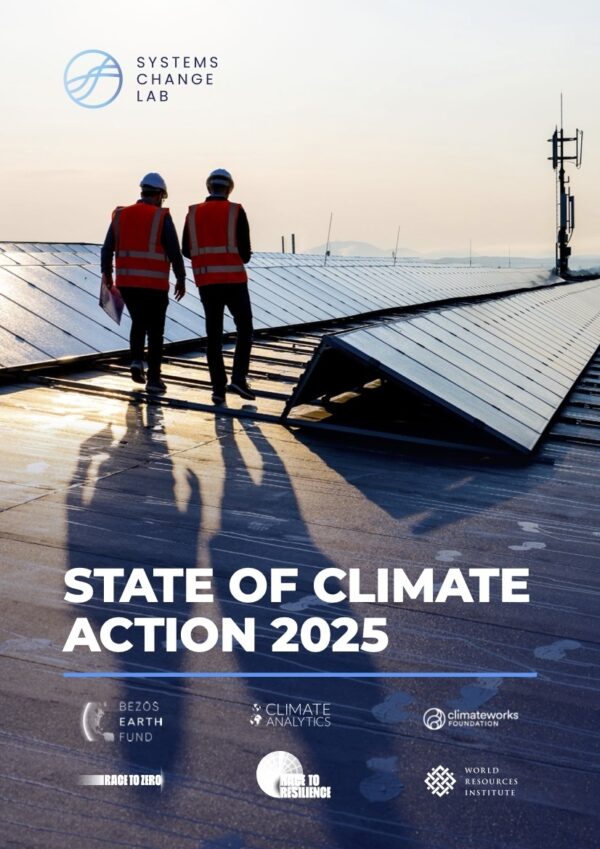Climate governance in the Philippines
Authors

There is room for improvement in the Philippines’ political commitment to climate mitigation. The Philippines has played a leadership role on climate change internationally, including in securing the 1.5°C temperature limit in the Paris Agreement. However, it could bolster this position by undertaking and showcasing domestic mitigation efforts, according to this report by Climate Analytics and New Climate Institute, part of the Climate Action Tracker’s Governance Series.
The CAT Climate Governance series seeks to produce a practical framework for assessing a government’s readiness - both from an institutional and governance point of view - to ratchet up climate policy and implement adequate transformational policies on the ground, to enable the required economy-wide transformation towards a zero emissions society.
National level readiness
There is room for improvement in the Philippines’ political commitment to climate mitigation. The President has yet to turn the words of his Fourth State of the Nation speech — on fast-tracking renewable energy and cutting coal usage — into action, as well as to increase the attention he pays to climate mitigation overall.
The Philippines has played a leadership role on climate change internationally, including in securing the 1.5°C temperature limit in the Paris Agreement. However, it could bolster this position by undertaking and showcasing domestic mitigation efforts.
The Philippines has a dedicated agency — the Climate Change Commission (CCC) — and a high-level group within the executive tasked with climate mitigation. It exhibits a moderate level of effective coordination between government agencies and coverage across line ministries.
Overall, there is decent continuity in the country’s climate institutions and policies. However, the government’s current efforts to strengthen its institutional capacity to deal with disaster resilience should not be at the expense of maintaining a bespoke entity to deal with climate mitigation. The Cabinet Cluster on Climate Change Adaptation, Mitigation and Disaster Risk Reduction could be strengthened by reintroducing an explicit objective to focus on mitigation efforts into its mandate.
There is much the Philippines could do to strengthen its institutional framework to support the transition to a zero emissions society. All relevant line ministries should appoint a high-level climate change focal point with a clear mandate to pursue mitigation activities. Enhancing the coverage of climate change within line ministries will bolster the ability of the Commission to effectively coordinate climate mitigation activities, as would ensuring it has sufficient financial and human resources to support its work. More research on deep decarbonisation pathways is needed. This analysis should be regularly considered and heeded by the government.
The Philippines has made progress in establishing an enhanced transparency framework, but the nation urgently needs a defined Paris-compatible decarbonisation pathway. Work is underway to update its NDC by 2020; however, this process has not been formalised into a permanent mechanism to ratchet-up mitigation efforts.
The Philippines’ level and scope of engagement of non-state actors is positive. Climate change-related content is publicly available, and there is some effort to include stakeholders during policy development. Yet these efforts are hampered by the poor management of non-state actors’ interests. More needs to be done to ensure a just transition than simply a focus on promoting green jobs.











